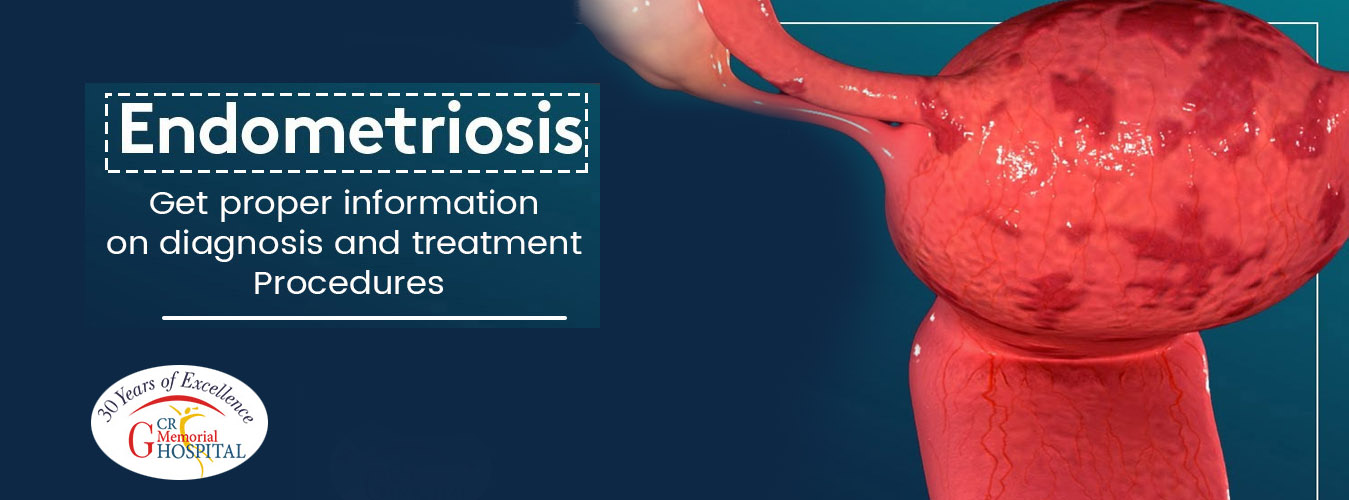
According to India Today’s study, the Endometriosis Society of India claims that about 30 million women suffer from endometriosis. According to the figures of 2018, during their reproductive process, one in ten women suffers from this disease. Endometriosis is chronic and no definitive cure is appropriate. Nonetheless, certain medical choices for endometriosis will help you feel less depressed and healthier.
Well, we know that there is no easy way to know about your condition at home, but you have to be alert. In case, you notice any type of changes in your body during reproductive age, you need to visit the IVF centre in Punjab for a proper check-up. This is the only way to get information about your health conditions. Or you need to read this article because we are going to tell you each and everything related to endometriosis. Let’s start with a definition.
Endometriosis, what is that?
The endometrium starts to develop on the vagina, rectum, ovary, or vaginal lining, in a gynecological state. Binary bone, blood cells, and glands compose the endometrial bone. Such tissues can gradually split and thicken and often react to the hormones and bleed of menstrual periods. Endometriosis primary signs involve miscarriage, urination/defection distress, excessive menstrual bleeding, sexual irritation, and persistent pelvic pain.
Endometriosis Diagnosis
The screening procedures used to diagnose endometriosis in our Fertility clinic are as follows.
Ultrasound
Transvaginal ultrasound specifically displays sexual organs and allows doctors to locate endometriosis cysts.
Laparoscopy
This is achieved by shaving the navel tiny before placing the laparoscope. It is a method for observing endometrial tissues by medical practitioners if any.
Magnetic Resonance Imaging (MRI)
MRI helps in taking accurate images of female body organs and tissues. The physician is directed by this technique while assessing the scale and the position of the endometrial implants.
Treatment options
Pain medications are the main therapy for endometriosis. Based on the extent of the signs and symptoms, intervention may be recommended if it is not successful. Surgery often relies on whether or not you plan to conceive.
Hormone therapy
The development of endometrial tissue is heavily affected by gonadotropin-releasing hormones (Gn-RH), hormonal contraception (including conception and vaginal rings), progestin therapy, and aromatase inhibitors. Both hormones are primarily used to regulate endometrial tissues and reduce the amount of testosterone in the body.
Treatment of fertility
Pregnancy complications also arise from endometriosis. Experts prescribe fertility therapies to improve egg development by ovarian stimulation. IVF is a potential diagnosis of people with endometriosis. During embryo implantation, the specialist senses endometrial “receptivity” or “zero receptivity.” Endometriosis may contribute to ovarian instability, ovulatory failure, and implantation defect, and IVF may improve these.
